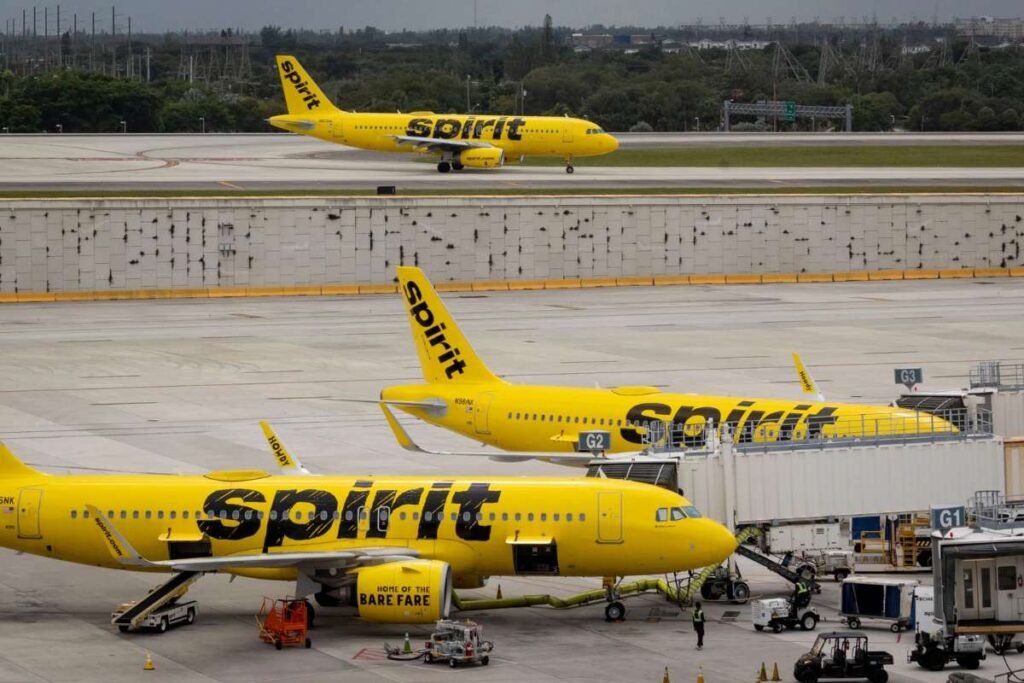Key Points:
- Bankruptcy Filing: Sonder announces bankruptcy under Chapter 7, shutting U.S. operations after failed financing.
- Marriott Split: Marriott ended licensing deal, removing Sonder from Bonvoy platform.
- Guest Impact: Travelers forced out of hotels, scrambling for last‑minute bookings.
Short-term rental firm Sonder, once valued at $1.9 billion, Sonder announces bankruptcy and plans to file for bankruptcy and wind down operations after Marriott International ended a key licensing agreement. The news, confirmed Monday, marks a rapid downfall for the San Francisco-based company that had been struggling financially since the pandemic.
The decision follows Marriott’s announcement on Sunday that its 20-year licensing agreement with Sonder was “no longer in effect” due to the company’s “default.” The partnership, signed in August 2024, allowed Sonder properties to be listed on Marriott Bonvoy, providing much-needed visibility and bookings for the brand.
Marriott Ends Agreement as Sonder Begins Liquidation
In a statement released Monday, Sonder said it made “comprehensive efforts” to stabilize its financial position after Marriott’s decision but was unable to recover. As a result, the board voted to pursue court-supervised liquidation of its U.S. operations and initiate similar insolvency proceedings internationally.
Janice Sears, Sonder’s interim CEO, cited “significant, unanticipated integration costs” linked to technical issues during the Bonvoy system rollout. She added that these complications led to a “sharp decline in revenue,” ultimately forcing the company’s closure.
“We are devastated to reach a point where liquidation is the only viable path forward,” Sears said.
Sonder announces bankruptcy after once positioning itself as a hybrid between Airbnb and traditional hotels, operated in 40 cities worldwide. The company’s model focused on tech-enabled, long-term stays catering to remote workers and digital nomads. However, its asset-heavy approach—relying on long-term leases—made it financially vulnerable when demand fluctuated.
Guests Ordered to Vacate as Operations Halt
The shutdown created confusion for many guests. Several travelers told CNBC they were asked to vacate Sonder properties within 24 hours, leaving them scrambling to find alternative accommodations.
One guest, Connie Yang, said she had pre-paid for a stay at Sonder Battery Park in New York from Nov. 7 to Nov. 17, but received an email on Nov. 9 instructing her to leave by 9 a.m. the next morning. “The entire building was asked to vacate,” Yang said. “It is beyond comprehension.”
Yang described the scene as chaotic, with staff on-site also caught off guard. “People were scrambling to leave before they locked down the building,” she said.
Other guests shared similar stories on social media, including difficulties reaching customer support at both Sonder and Marriott. After Sonder announces bankruptcy, Marriott stated that its immediate priority was to assist guests staying at Sonder properties or holding reservations through Marriott’s channels, promising direct outreach to those affected.
Yang, who booked through Booking.com, said she was assured of a refund and later secured alternative accommodation independently.
Business Impact and Industry Lessons
Sonder’s bankruptcy underscores the risks of rapid expansion and asset-heavy leasing models in the hospitality industry. Unlike lighter, platform-based models used by Airbnb or Booking.com, Sonder’s structure tied up large capital in property leases—making it difficult to adjust during downturns or partnerships that failed to deliver expected returns.
The company’s fall from a $1.9 billion valuation to liquidation serves as a cautionary example for startups in the travel and lodging sector, especially those navigating tight margins and high operational costs.
As Sonder announces bankruptcy and winds down, analysts say its collapse may prompt investors and operators to rethink hybrid hospitality models, focusing more on flexibility and resilience rather than scale alone.
Sources:










